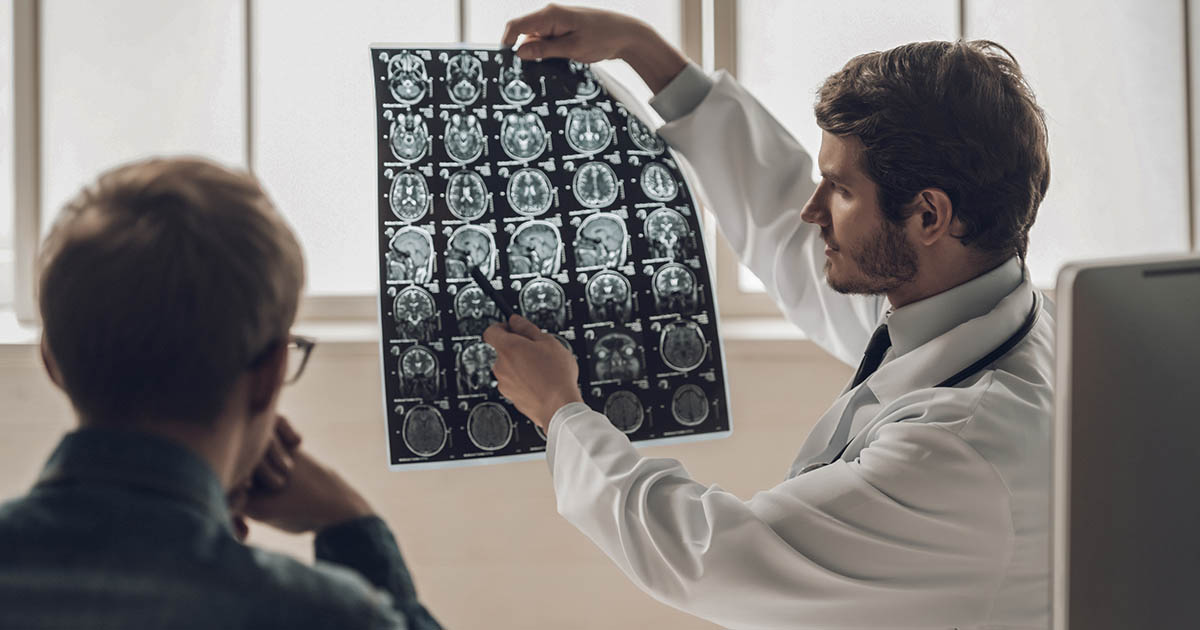What Causes Trypanophobia?
A patient comes into the doctor’s office for a routine physical. The doctor notes the need for a booster vaccine. As the nurse enters with the needle, the patient looks tense, and their heart rate and breathing increase. A few moments after the shot has been administered, the patient slumps down, unconscious. It is a classic case of trypanophobia, also known as needle phobia. This phobia is often more than a fear of needles. A portion of the population has bodies that react to a needle stick with the vasovagal reflex, a sudden rise and drop in blood pressure, leading to dizziness, disorientation, and fainting. The causes of trypanophobia are both psychological and physical in nature.
Brain Chemistry Changes

The feelings of fear and panic individuals experience are caused by the body’s natural response to stress. When the body senses a threat, adrenaline and corticosteroids are released that increase the heart rate and release stored energy, preparing for the fight or flight response. Phobias like trypanophobia can sometimes be triggered by brain chemistry changes caused by infections, medications, or other substances. The change in brain chemistry causes an inappropriate response to the needle. In this case, the brain is overreacting to a perceived threat. The patient knows a blood draw will cause a small amount of pain, but the body is responding as if the needle is far more dangerous. Although the needle will only be a temporary irritation, the brain is sending the message that it is a matter of life and death.
Learn more about the causes of trypanophobia now.